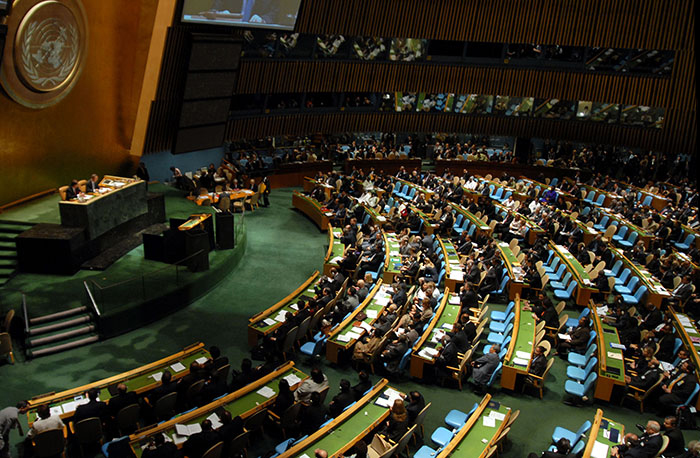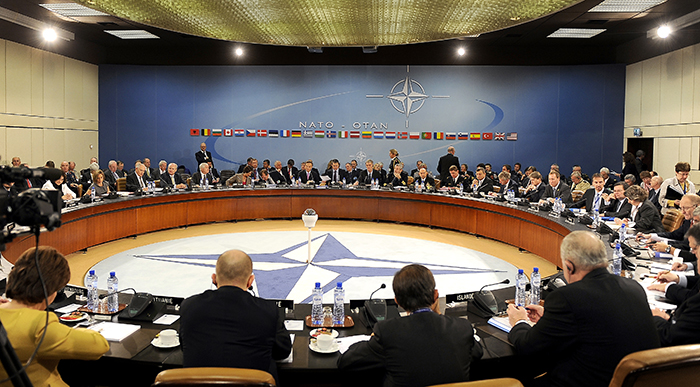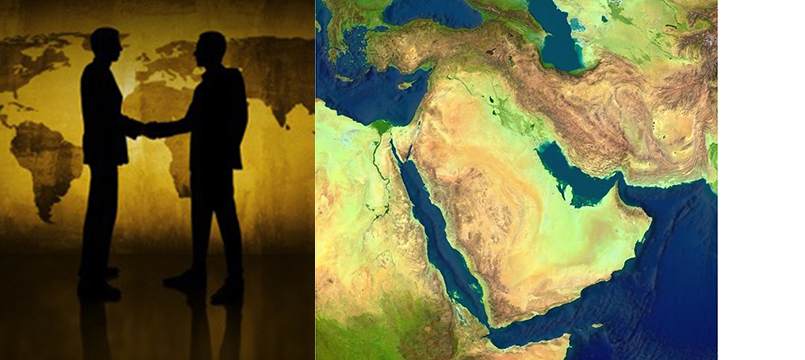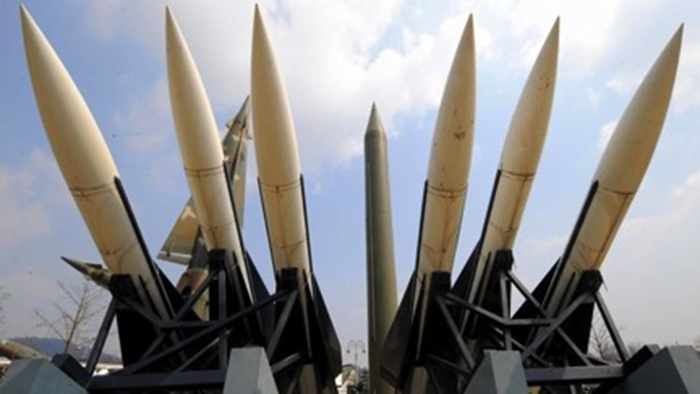A Middle East Nuclear Weapons Free Zone?
First proposed in 1974, the UN General Assembly has adopted resolutions annually to reaffirm its commitment to establishing a NWFZ in the Middle East - with a consensus voting in favor since 1980.
Nuclear Arms Control Regimes
There are currently five NWFZs: Treaty of Tlateloco (Latin America), Treaty of Rarotonga (South Pacific), Treaty of Bangkok (Southeast Asia), Treaty of Pelindaba (Africa), and the Treaty on a nuclear-weapon-free zone in Central Asia.
NWFZs are regional agreements that prohibit states from acquiring, developing, or stockpiling nuclear weapons—in short, a geographical area without nuclear weapons.
What are confidence-building measures?
Confidence-building measures enhance regional security and build trust among states, and agreeing to these can signal the credibility of peaceful intentions.
A number of confidence-building measures have been agreed upon by MENWFZ negotiators in the past – over maritime issues (search and rescue), pre-notification of military exercises, exchange of military information, building a regional communication network, and the establishment of three regional security centers – none were implemented.
UN Resolutions
Numbers for related resolutions: 3263 (1974); 3474 (1975); 31/41 (1976); 32/82 (1977); 33/64 (1978); 34/77 (1979); 35/147 (1980); 36/87 A&B (1981); 37/75 (1982); Resolution 38/64 (1983); 39/54 (1984); 40/82 (1985); 41/48 (1986); 42/28 (1987); 43/65 (1988); 44/108 (1989); 45/52 (1990); 46/30 (1991); 47/48 (1992); 48/71 (1993); 49/71 (1994); 50/66 (1995); 51/41 (1996); 52/34 (1997); 53/74 (1998); 54/51 (1999); 55/30 (2000); 56/21 (2001); 57/55 (2002); 58/34 (2003); 59/63 (2004); 60/52 (2005); 61/56 (2006); 62/18 (2007); 63/38 (2008); 64/26 (2009); 65/42 (2010); 66/25 (2011); 67/28 (2012); 68/27 (2013)
Non-Proliferation Documents
- 1995 Resolution on the Middle East
- 2010 Final Document
- Basel Peace Office Archive to support a Middle East zone free of nuclear weapons and other WMD



